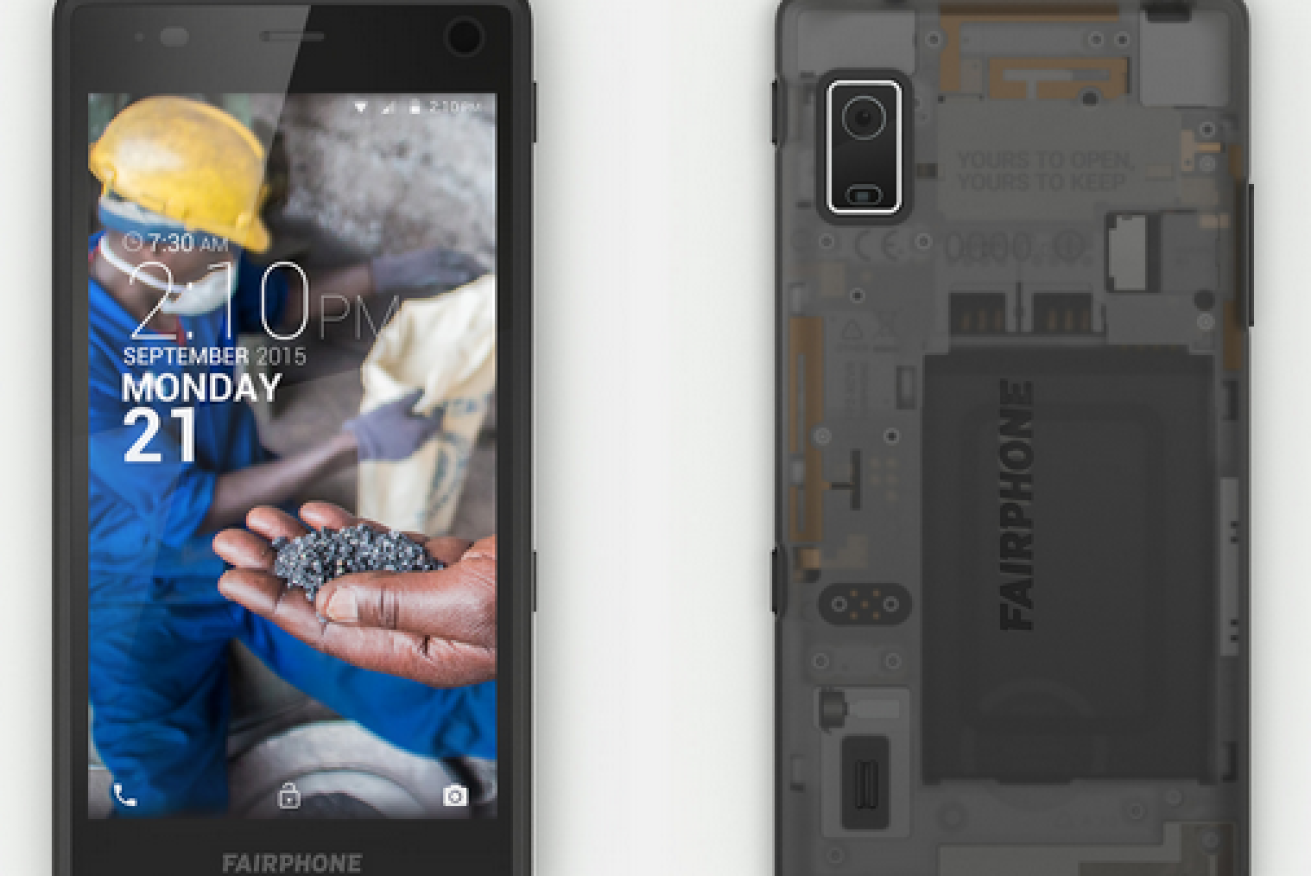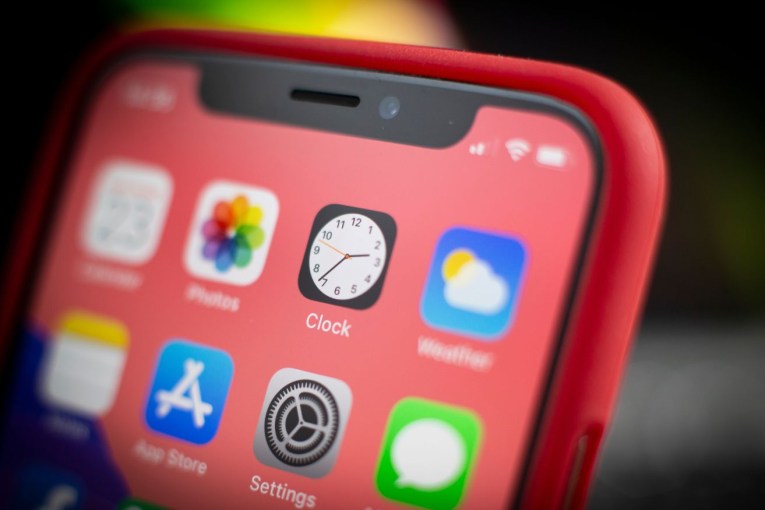The secret, hidden cost of your smartphone

Supplied
Your smartphone damages nature, is built to break and gets put together by an overworked and underpaid factory hand – and few of us care.
By the year 2019, the number of active smartphones in the world will almost double to 3.85 billion, accounting firm PricewaterhouseCooper has predicted.
Seven in 10 Australians say they want to buy responsibly made products, and yet three quarters of us own smartphones, most of which rely on arguably unethical manufacturing methods.
• Three ways your mobile phone is bad for you
• Facebook is ‘protecting misogynists’
• The best way to tell someone they smell
Chinese workers who build iPhones and other Apple devices are treated like prisoners, a recent BBC investigation claimed.
Samsung and HTC have been targeted by activists in 2013 for using tin in its products, decimating the environment in Indonesia to feed our connectivity craving.
Millions of people have smartphones but not many bother about how they’re made.
“I don’t think there is sufficient public pressure for them to seriously consider doing something about it,” CEO of ethical advocacy group Moral Fairground Susanna Bevilacqua told The New Daily.

A student protests Foxconn’s general meeting in 2010. Foxconn make the Apple iPhone in Hong Kong and China. Photo: Getty
“When it comes to new technologies, the matter is complex and obscure.
“Unlike coffee, where you can trace back to the farm that produced it, a mobile phone is made up of many components that are in turn made up many different companies and so on.
“When it comes to technology people don’t really relate it to dangerous working conditions or child labour.”
Hidden damage
Australian consumer web guide Shop Ethical rates the big smartphone companies terribly.
HTC, Samsung and lesser-known brand Huawei receive the site’s lowest rating. Apple, LG, Sony, Nokia and Blackberry have significant criticisms around their production too.
Apple, HTC and Samsung are accused of providing poor working conditions and pay to their factory staff.
HTC were found to “provide little information on the use of raw materials, nor take responsibility for the (harmful tin mining) situation” they use in Indonesia.
This comes after the BBC uncovered the inhumane conditions at outsourced Apple factories in Asia and reports told of similar practices at Samsung.
Another report found that none of these electronics and smartphone companies have a “Living Wage Guarantee” in place with their workers.
A spokesperson for the Australian Communications Consumer Action Network told The New Daily the organisation “encourages consumers to be aware of the ethics behind how their smartphones are manufactured”.
“While information on the practices of the industry may be difficult to find, reports such as the Ethical Electronics Guide from Baptist World Aid Australia can help consumers to distinguish which brands use ethical practices in terms of labour and wages.”
They also encourage consumers to recycle their old smartphones and challenge manufacturers over handset defaults if they occur within the specified plan timeframe.
Vodafone recently launched an ethical grading system for some of their smartphones.

The Fairphone. Makers want to start a movement toward ethically produced smartphones. Photo: Supplied
Smartphone superhero?
Fairphone is a Dutch smartphone company, launched using crowdfunding, that claims ethical concerns are its top priority.
The company and other smartphone experts believe “mobile phones are not built to last”, and say consumers and the environment are paying the price.
Fairphone claims its “responsibly produced” handset addresses the “mining, design, manufacturing and life cycle” issues common in most other smartphones.
The phone can be repaired by the user to extend the lifespan of the product.
Read Wired’s review of the Fairphone here
A spokesperson for the company told The New Daily it is transparent in regard to its production process, to assure consumers its handsets are ethically sourced and made.
The phones can be repaired by the user, are made by fairly paid workers in safe surroundings, don’t use precious or “rare conflict minerals” and have a long life cycle.
On its website, Fairphone publishes extensive reports into the organisation’s “social assessment programs“, ethical sourcing of materials and worker advocacy and welfare negotiation agreements.
Ms Bevilacqua says the Fairphone is a step in the right direction: “We need to change the way we operate our businesses, the way we do trade, the way we work with our suppliers, our staff, our surrounding. The products are the end result, the work needs to happen at the organisational level.”
Fairphones are available online only and you can sign up to buy a handset from the new batch when it’s released here.








